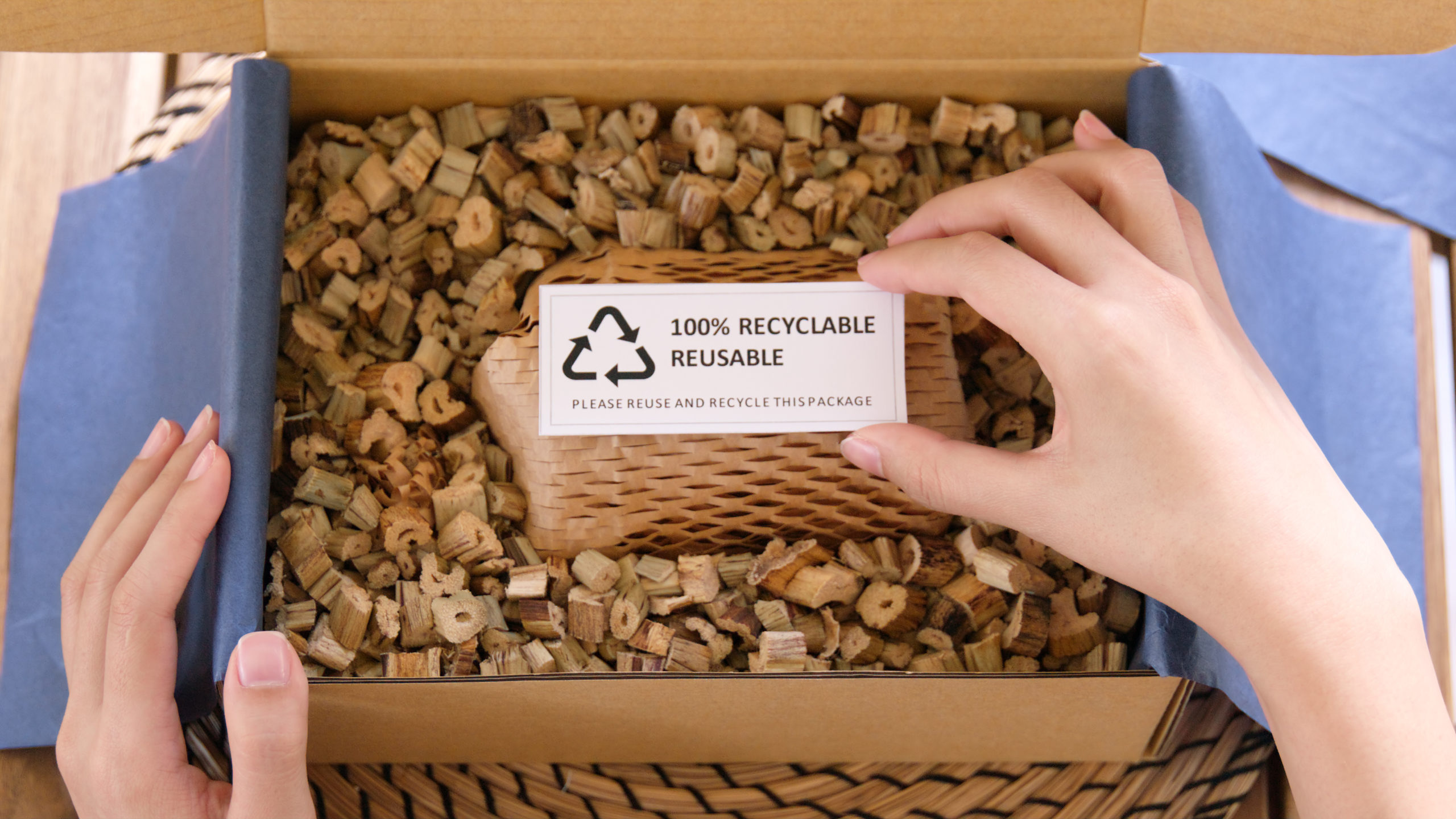Let’s be honest: social media is a lot. The pressure to…

Embracing Sustainability in Marketing: How Businesses Can Make a Positive Environmental Impact
Consumers are increasingly concerned about the environment and the impact of their purchasing decisions. As a result, businesses are recognizing the importance of embracing sustainability in their marketing strategies. By integrating sustainable practices and communicating their environmental initiatives, businesses can not only contribute to a greener future but also connect with conscious consumers who prioritize sustainability. In this article, we will explore the significance of embracing sustainability in marketing and provide practical ways for businesses to make a positive environmental impact.
The Importance of Sustainability in Marketing:
The rising demand for sustainable products and ethical business practices is reshaping the market. Consumers today actively seek out brands that align with their values and contribute to a healthier planet. By embracing sustainability, businesses not only make a positive impact on the environment but also differentiate themselves in the market and build stronger connections with environmentally conscious customers.
Communicating Sustainability Initiatives:
Effectively communicating sustainability initiatives is crucial for building trust and credibility with consumers. Transparency, authenticity, and storytelling are key elements in conveying the message. For example, Patagonia, an outdoor clothing brand, shares detailed information about its sustainable practices and initiatives on its website, demonstrating their commitment to environmental responsibility. By sharing the journey and progress towards sustainability goals, businesses can engage consumers and foster a sense of shared responsibility.
Sustainable Product Development and Packaging:
Sustainable product design and packaging are essential components of a comprehensive sustainability strategy. Businesses can explore eco-friendly materials, recycling initiatives, and innovative packaging solutions to minimize waste and reduce environmental impact. For instance, The Body Shop, a beauty and cosmetics brand, focuses on using sustainable ingredients and recyclable packaging. Successful examples like this demonstrate the positive consumer response to sustainable product development and packaging.
Cause-Related Marketing and Corporate Social Responsibility:
Cause-related marketing allows businesses to align their brand with environmental causes, contributing to a better world while promoting their products or services. By supporting and partnering with environmental organizations, businesses showcase their commitment to corporate social responsibility. For instance, Patagonia’s “1% for the Planet” initiative donates 1% of sales to environmental causes. Such initiatives attract like-minded consumers who support businesses that actively contribute to sustainability.
Educating and Empowering Consumers:
Businesses have a unique opportunity to educate and empower consumers to make sustainable choices. By providing information and resources that help consumers understand the environmental impact of their decisions, businesses can inspire positive change. For example, Seventh Generation, a household products company, educates consumers about the importance of using non-toxic and environmentally friendly products through informative blog articles and social media content. By promoting sustainable alternatives and highlighting the benefits of conscious consumption, businesses empower consumers to make a difference.
Measuring and Reporting Environmental Impact:
Tracking and measuring the environmental impact of business activities is crucial for ongoing improvement. We’ll explore sustainability metrics, certifications, and reporting frameworks that businesses can use to assess their progress and communicate their environmental achievements. Transparent reporting demonstrates accountability and allows consumers to make informed choices.
Embracing sustainability in marketing is not only a responsible choice but also a strategic one. By integrating sustainable practices, communicating environmental initiatives, and empowering consumers to make conscious choices, businesses can make a positive impact on the environment and connect with environmentally conscious customers.
Contact us today to discuss how our expertise and services can help you integrate sustainability into your marketing strategies, connect with conscious consumers, and make a positive environmental impact. Let’s create a greener future together.




Comments (0)